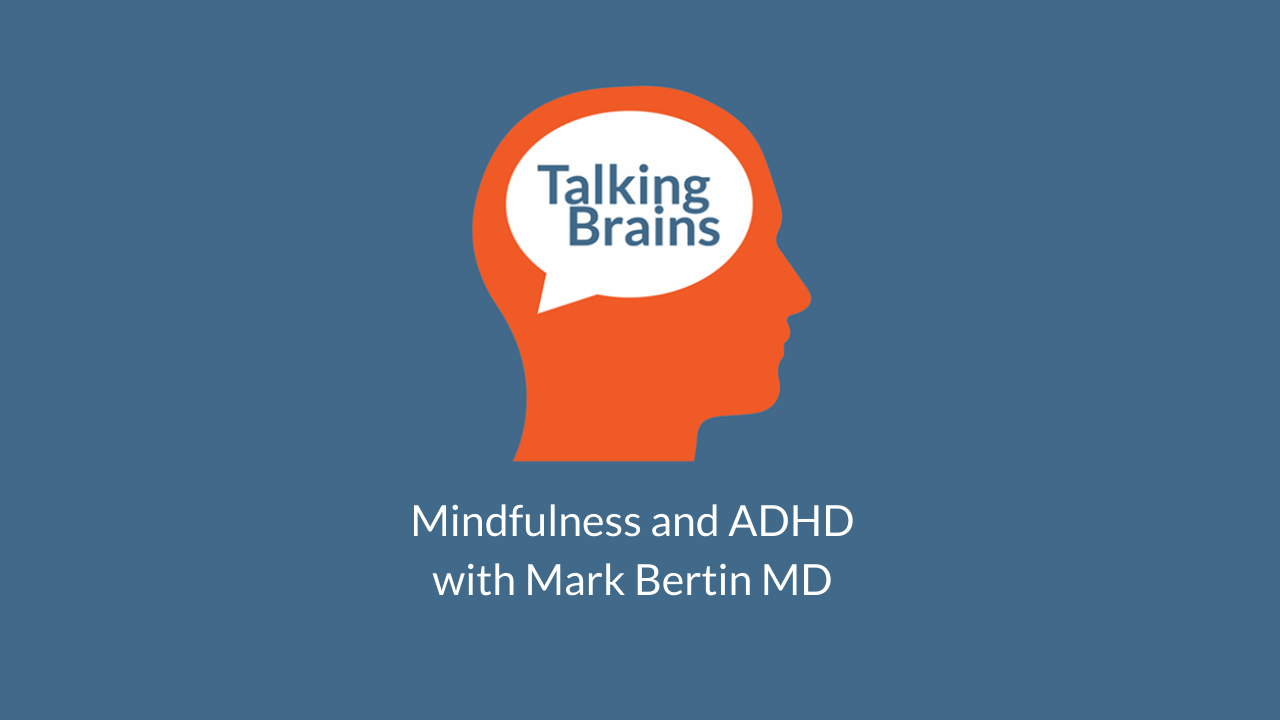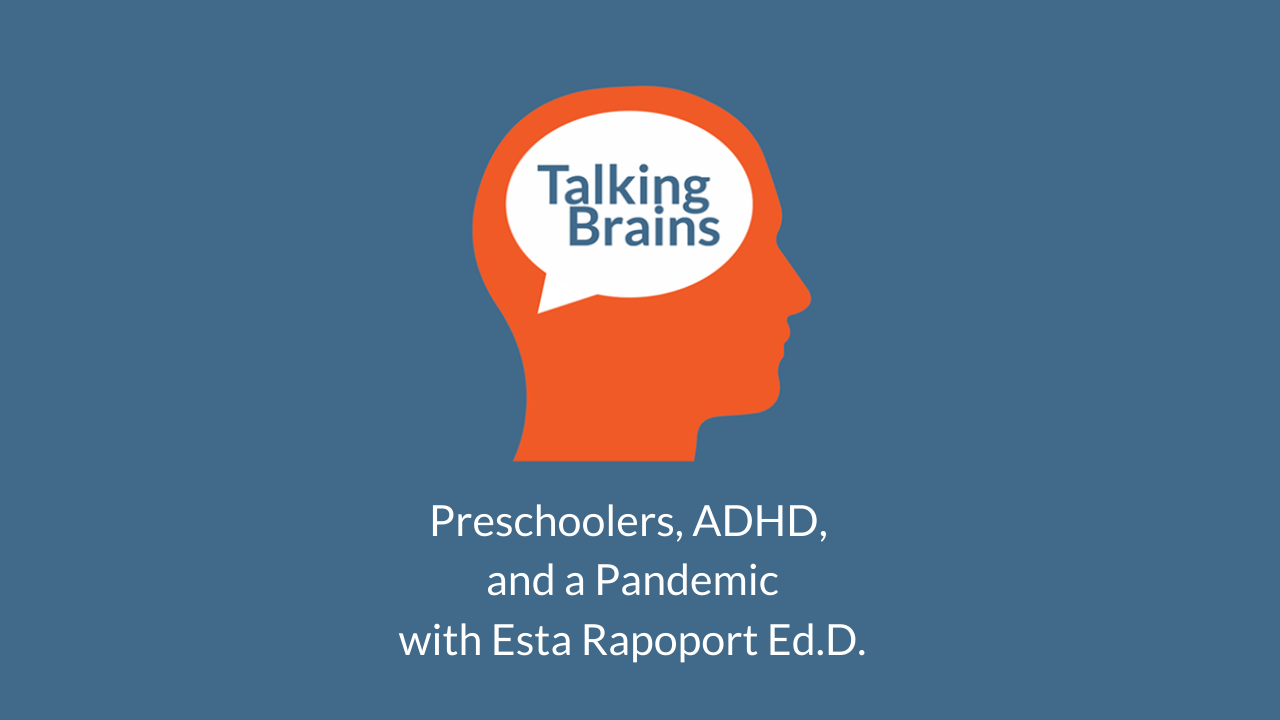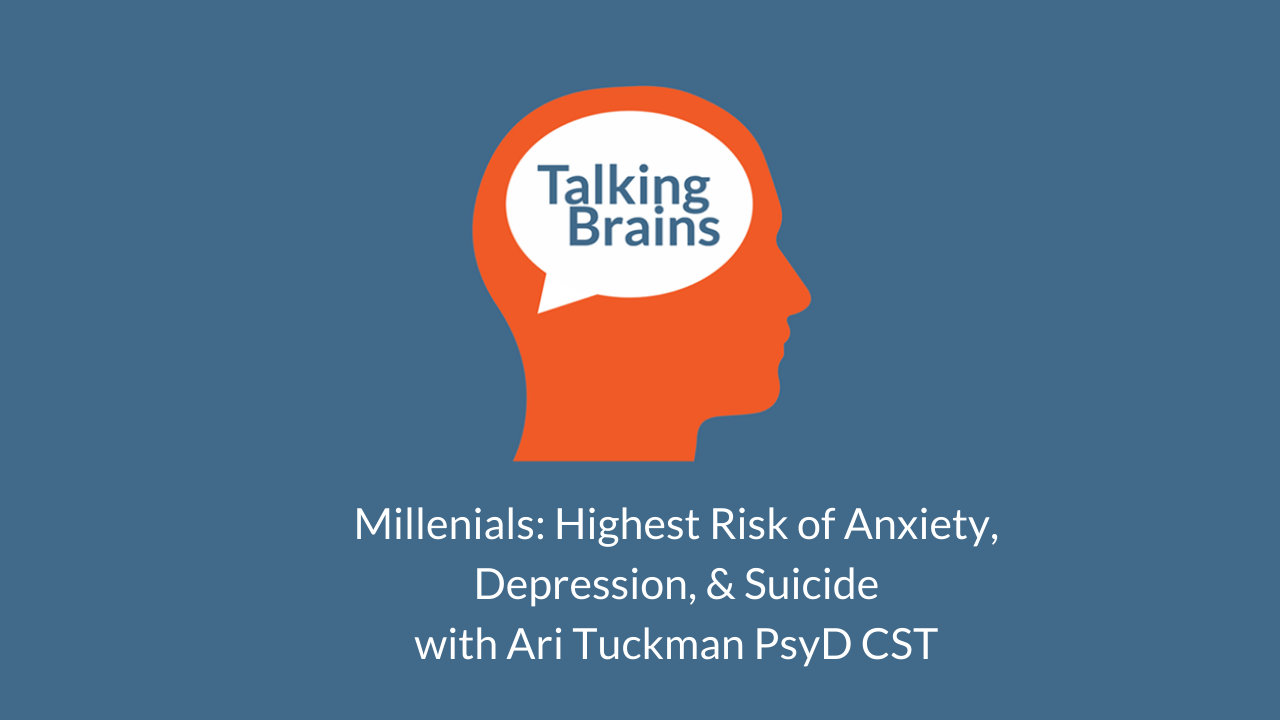Brookes, et al. (2008) examined the relationship between season of birth (which has the unfortunate acronym “SoB”) with rates of ADHD. The authors found that there was a slightly significant amount of summer births in the ADHD sample compared to the control group.
The authors write…
We also observed a significant association with the 7-repeat allele of the DRD4 gene variable number tandem repeat polymorphism in exon three with probands born in the winter season, with no significant differential transmission of this allele between summer and winter seasons.
Translated into English, this means that people born in the winter had a statistically significant higher rate of the 7-repeate allele of DRD4 (dopamine d4 receptor gene). The rest of the quote? I’m going to have to think about that part.
Preferential transmission of the 2-repeat allele to ADHD probands occurred in those who were born during the summer season, but did not surpass significance for association, even though the difference in transmission between the two seasons was nominally significant.
This means that people with ADHD who were born during the summer months were more likely to have the 2-repeat allele of DRD4 than those born in other seasons. However, there was not a statistically significant association between having the 2-repeat allele and having ADHD. But is was statistically significant that people born during the summer were more likely to have the 2-repeat allele. a was not statistically significant.
So, to summarize, there was not a relationship found between the 2-repeat allele and ADHD, but more people born during the summer had the 2-repeat allele than those born in the winter.
The authors concluded that while the DRD4 7-repeat allele is associated with ADHD, its transmission does not appear to be related to season of birth.
How do these studies come about? Sometimes we notice patterns among patients. For this study, (and I am totally making this up), it may be that the researchers noticed that there were more ADHD people born during June, July, and August than any other month. It may also be that (and again, I am totally making this up) that it was hypothesized that the increase in sunlight leads to changes in body chemistry, which can lead to changes in allele transmission. (This may sound far-fetched, but we already know that a lack of sunlight affects body chemistry, such as in Seasonal Affective Disorder.)
Brookes, K.J., et al. (2008). Differential dopamine receptor D4 allele association with ADHD dependent of proband season of birth. American Journal of Medical Genetics, 147B(1), 94-9.





